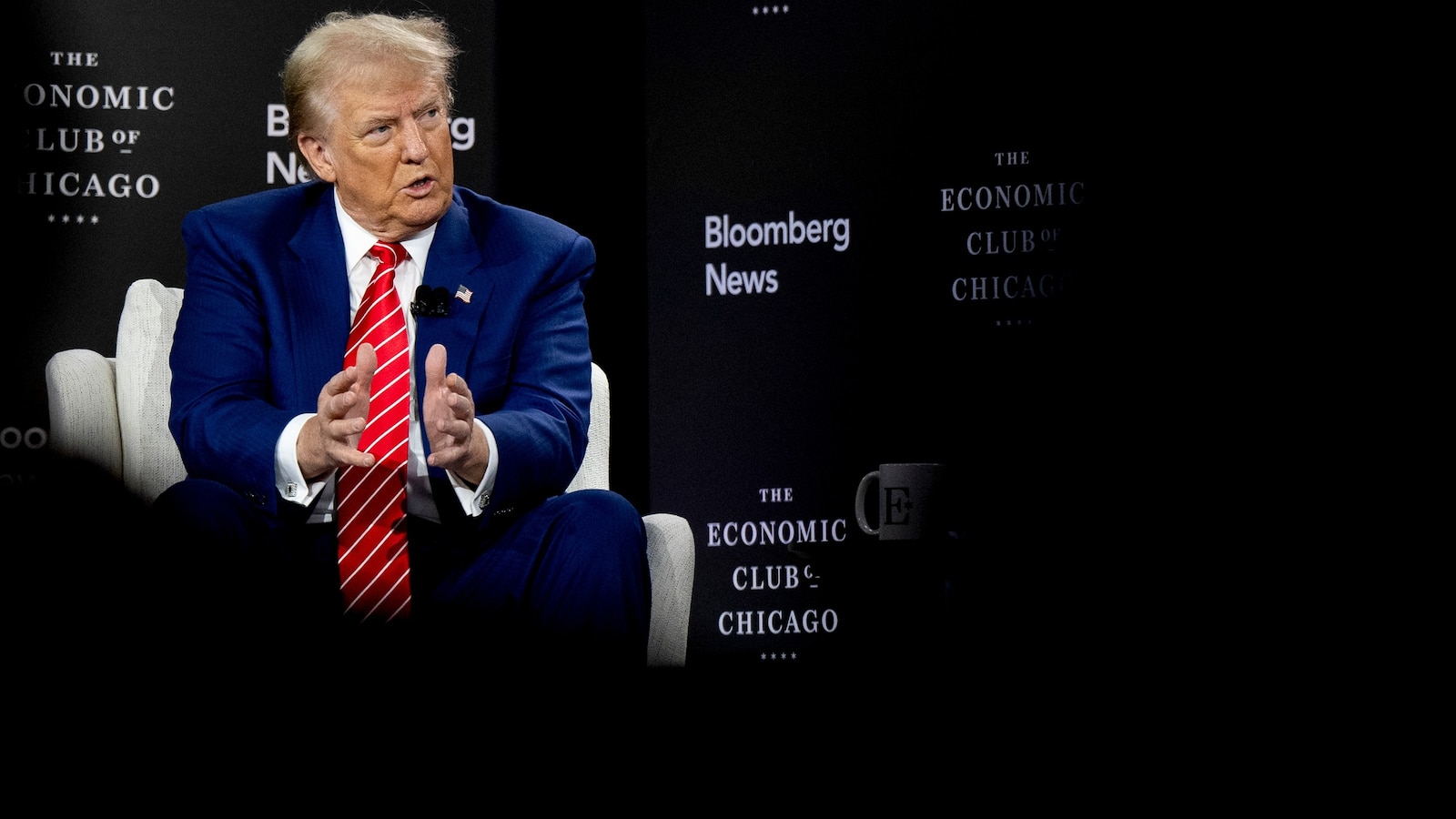Trump’s “Enemies Within” Comments and Rising Concerns
During an interview with Fox News on October 20, Trump referred to Democratic Representatives Adam Schiff and Nancy Pelosi as “enemies within,” suggesting that he would take decisive action against his political opponents if he returns to office. While this rhetoric resonates with some supporters, critics and former colleagues, like ex-Chief of Staff John Kelly, view it as a concerning escalation.
This “revenge presidency” approach raises questions about the economic impacts of a president with a vendetta against political rivals. While Gallup polls indicate that the economy remains a primary concern for voters, experts note the interconnectedness between democratic stability and economic prosperity, stressing that stability is essential for fostering long-term economic growth.
How Authoritarian Actions Could Impact the Economy
Several economists and political analysts express concerns over the economic fallout of Trump’s proposed policies. Thomas Pepinsky, a government professor at Cornell University, told ABC News that political instability could deter significant investments in the U.S., adding that only those aligned with the administration may thrive under such a regime. According to MIT’s Daron Acemoglu, a perceived weakening of rule of law could lead to substantial economic uncertainty, ultimately affecting business operations and labor stability.
For businesses, political favoritism could create a market where companies connected to Trump receive preferential treatment. Acemoglu warned that this could lead to “a slippery slope,” where genuine competition is stifled, negatively impacting the broader economy. Historically, research by German academics Manuel Funke, Moritz Schularick, and Christoph Trebesch has shown that populist leaders often lead to slower economic growth, with economies expanding at a reduced rate over a 15-year period.
Trump’s Allies Argue for Economic Continuity and Strength
On the other side of the debate, Trump’s economic advisor Stephen Moore refuted the notion that a second Trump term would harm democracy or economic stability. Citing Trump’s strong economic performance during his first term, Moore argued that the stock markets would likely respond positively to Trump’s re-election. He urged analysts to focus on Trump’s past track record, which saw notable economic growth prior to the pandemic.
Moore pointed to rapid GDP growth and low unemployment under Trump as indicators of his economic success, suggesting that a similar resurgence could occur. However, MIT economist Acemoglu countered, noting that while the first term tested democratic norms, a second term might pose even more significant challenges to economic institutions and democratic values.
The Risk of Market Reactions and Financial Instability
According to experts, markets themselves could impose limitations on any destabilizing moves. The example of UK Prime Minister Liz Truss in 2022 demonstrates how financial backlash can lead to swift policy changes, or even resignation. Her fiscal plans led to a steep drop in the British pound and a rise in bond yields, prompting her resignation weeks after taking office.
Pepinsky suggested that a comparable financial response in the U.S. could act as a check on Trump’s agenda. However, he warned that Trump’s unique political approach might prioritize consolidating power over adhering to financial market pressures.
Will Democracy Survive Trump’s Second Term?
Political scientists and economists agree that while some authoritarian governments have demonstrated economic growth, these cases are exceptions rather than the rule. Countries like China have achieved economic expansion under centralized power, but more often, democratic nations outperform in the long term. Studies reveal that democratization correlates with up to a 20% increase in a country’s GDP over time, while authoritarianism tends to stifle growth and breed uncertainty.
According to Vanessa Williamson from the Brookings Institution, evidence suggests that “democracy is good for the economy,” and deviations towards authoritarianism have historically proven damaging.
Trump’s potential return to office in 2024 thus poses a complex scenario for the U.S. economy and democracy. With many unknowns surrounding his approach, experts stress that the consequences of such a shift would be far-reaching, influencing investor confidence, business competition, and the very foundations of democratic governance.

